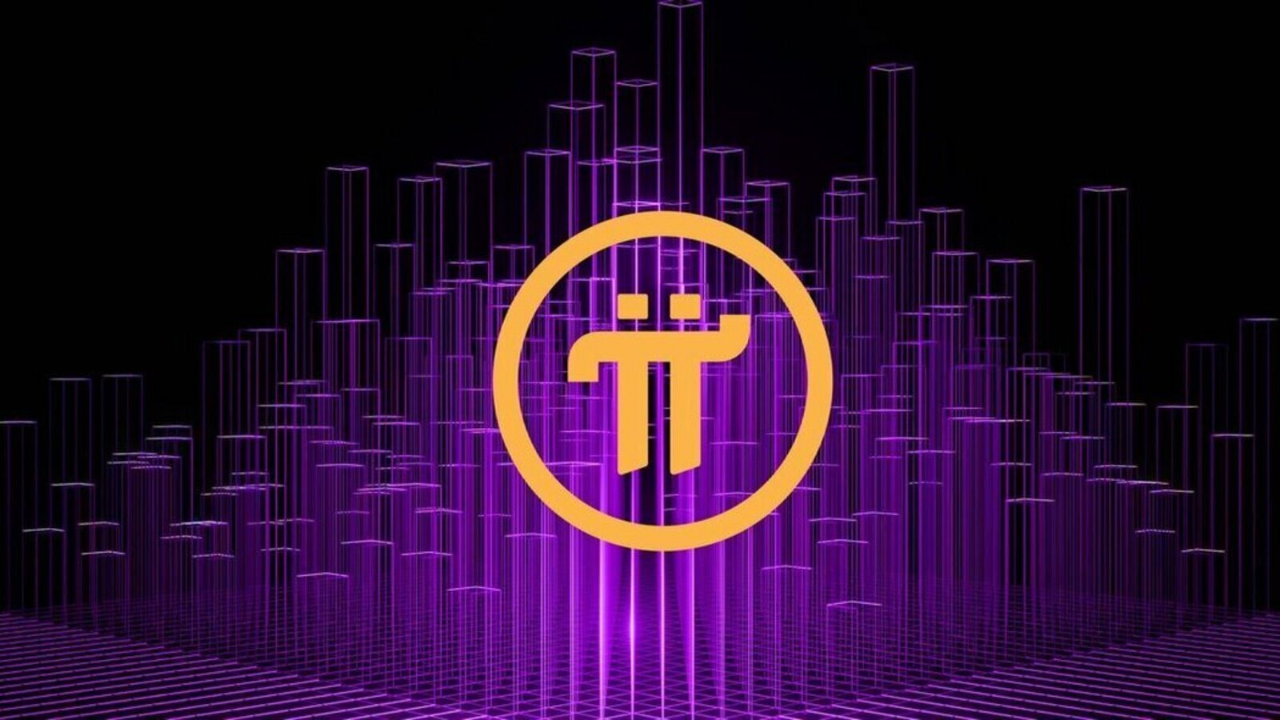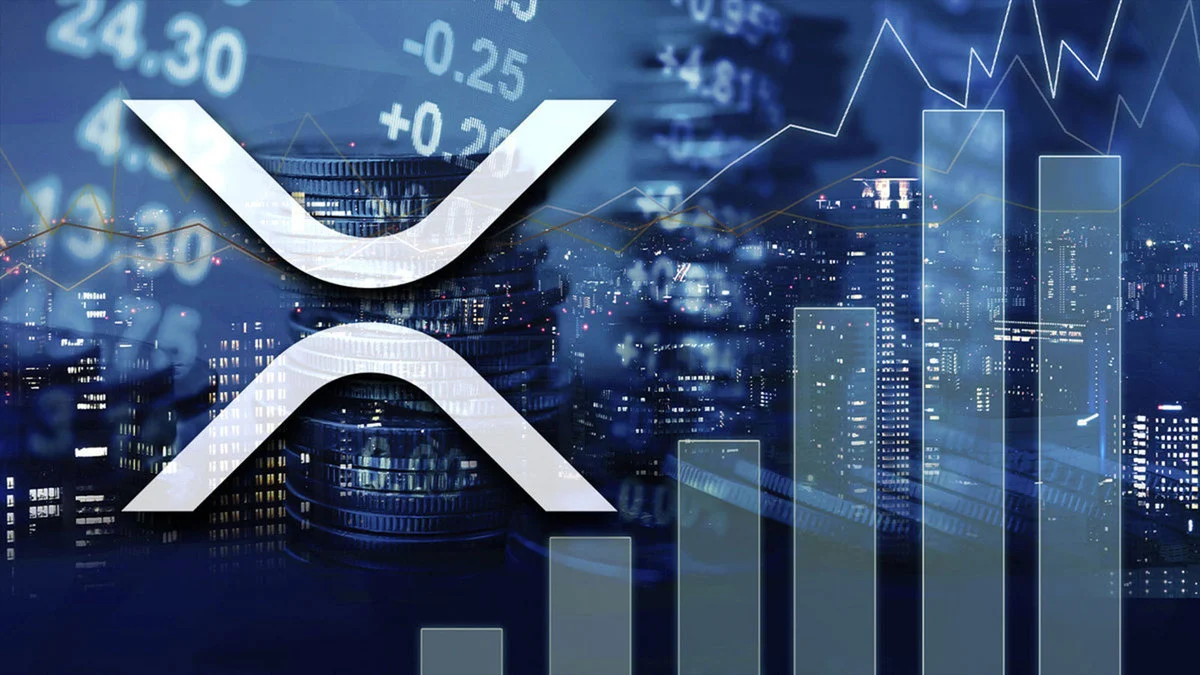Alcoin News
As cryptocurrency markets continue to evolve, finding the best BNB investment strategy for 2025 has become crucial for investors seeking substantial returns. Binance Coin (BNB) has emerged as one of the most promising digital assets, driven by the expanding Binance ecosystem and growing adoption of BNB Chain.
With BNB’s price showing remarkable resilience and the token’s utility expanding across DeFi, NFTs, and enterprise solutions, developing a comprehensive investment approach is essential. The best BNB investment strategy for 2025 combines multiple approaches, including strategic accumulation, staking rewards, yield farming, and leveraging Binance’s ecosystem benefits. Whether you’re a seasoned crypto investor or just starting your journey, understanding how to position your BNB holdings for maximum growth potential can significantly impact your portfolio performance in the coming year.
Understanding BNB’s Investment Potential in 2025
Market Fundamentals and Growth Drivers
BNB’s investment appeal stems from several key factors that position it for continued growth. The token serves as the native currency for the world’s largest cryptocurrency exchange, providing inherent utility and demand. Additionally, BNB’s quarterly burn mechanism reduces total supply, creating deflationary pressure that supports long-term price appreciation.
The Binance Smart Chain ecosystem has witnessed explosive growth, with hundreds of decentralized applications (dApps) built on the network. This ecosystem expansion drives increased BNB demand for transaction fees, staking, and governance participation.
Technical Analysis and Price Projections
Current market analysis suggests BNB has strong technical support levels and bullish momentum indicators. The token’s correlation with overall crypto market trends, combined with its unique value propositions, creates multiple scenarios for price appreciation throughout 2025.
Best BNB Investment Strategy for 2025: Core Components
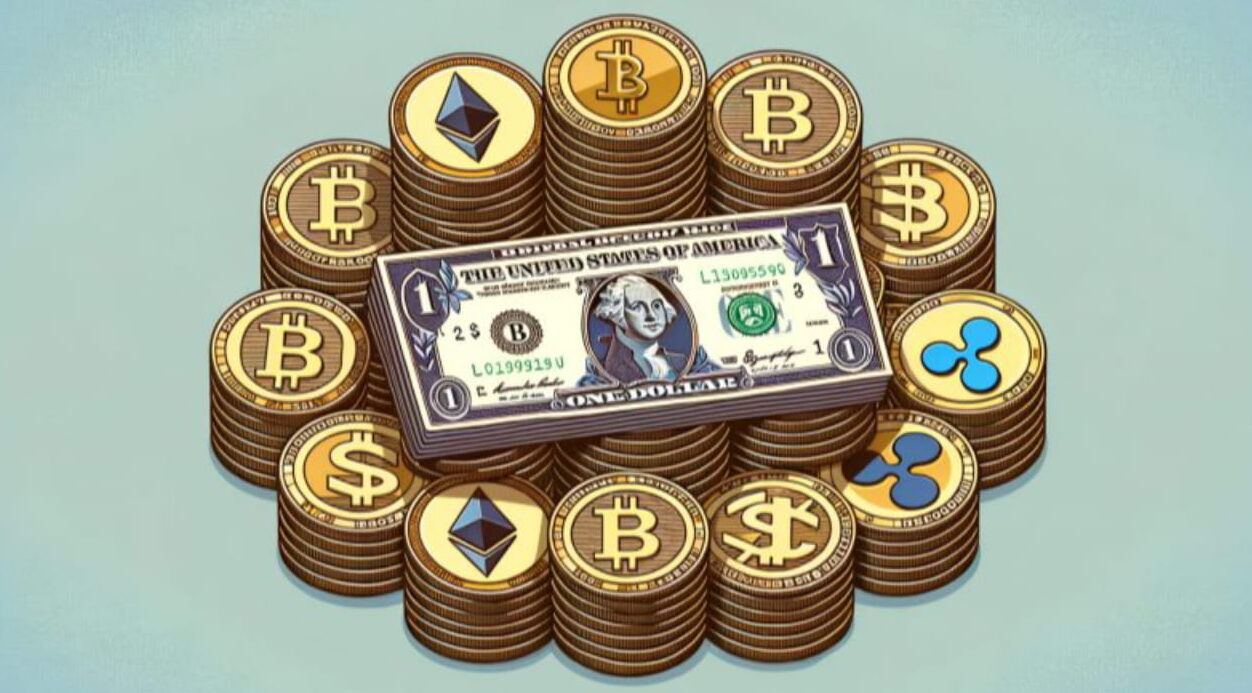
Dollar-Cost Averaging (DCA) Approach
The most effective BNB investment strategy involves systematic dollar-cost averaging to minimize timing risks. This approach involves purchasing fixed dollar amounts of BNB at regular intervals, regardless of price fluctuations.
DCA works particularly well for BNB because it smooths out volatility while allowing investors to accumulate positions during both market upswings and downturns. Consider allocating 10-20% of your monthly investment budget to BNB purchases.
Strategic Staking and Yield Generation
BNB staking represents one of the most reliable methods for generating passive income while holding long-term positions. Binance offers multiple staking options, including flexible savings, locked staking, and DeFi staking, with varying APY rates.
The key to maximizing staking rewards involves comparing different platforms and understanding lock-up periods. Flexible staking provides liquidity but lower returns, while locked staking offers higher yields for committed long-term investors.
Leveraging Binance Ecosystem Benefits
Smart investors maximize their BNB holdings by utilizing the token’s ecosystem benefits. These include trading fee discounts (up to 25% reduction), priority access to Binance Launchpad projects, and enhanced earning opportunities through Binance Earn products.
Advanced BNB Investment Strategies
DeFi and Yield Farming Opportunities
BNB Chain’s DeFi ecosystem offers numerous yield farming opportunities for sophisticated investors. Popular protocols like PancakeSwap, Venus Protocol, and Alpaca Finance provide liquidity mining rewards for BNB holders. Before participating in yield farming, carefully evaluate smart contract risks, impermanent loss potential, and protocol security audits. Diversify across multiple protocols to minimize concentration risk while maximizing yield opportunities.
Options Trading and Derivatives
Experienced traders can enhance their BNB investment strategy through options trading and derivatives. These instruments allow for hedging existing positions, generating additional income through covered calls, or leveraging bullish sentiment through call options. Binance and other platforms offer BNB futures and options with various expiration dates and strike prices. However, derivatives trading requires advanced knowledge and should only be attempted by experienced investors.
Portfolio Allocation and Risk Management
Effective BNB investment strategies include proper portfolio allocation and risk management protocols. Most financial advisors recommend limiting cryptocurrency exposure to 5-10% of total investment portfolios, with BNB representing a subset of this allocation.
Implement stop-loss orders and take-profit targets to protect against significant downturns while securing gains during bull markets. Regular portfolio rebalancing ensures your BNB allocation remains aligned with your risk tolerance and investment objectives.
Timing and Market Considerations
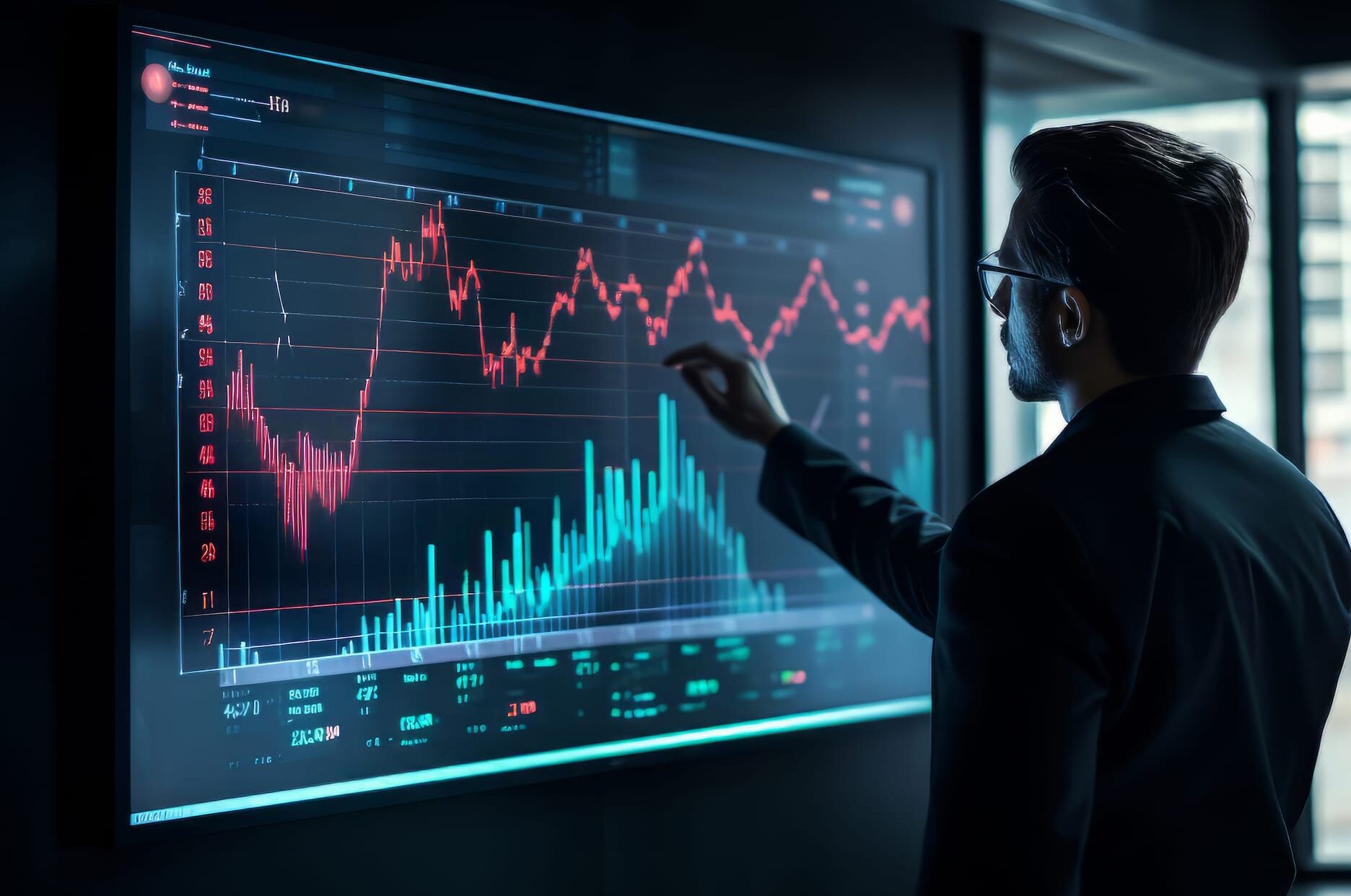
Seasonal Patterns and Market Cycles
BNB often follows broader cryptocurrency market cycles, with distinct seasonal patterns affecting price movements. Understanding these cycles helps optimize entry and exit points for maximum returns. Historical data suggests BNB performs well during Q4 and Q1, coinciding with increased crypto market activity and Binance’s quarterly burn events. Factor these patterns into your investment timing decisions.
Regulatory Environment Impact
Stay informed about regulatory developments affecting BNB and the broader cryptocurrency market. Regulatory clarity often drives institutional adoption and price appreciation, while uncertainty can create temporary volatility. Monitor announcements from major jurisdictions, including the United States, European Union, and key Asian markets where Binance operates significant user bases.
Risk Management and Security Considerations
Wallet Security and Storage Solutions
Protecting your BNB investments requires robust security measures. Use hardware wallets for long-term storage, enable two-factor authentication on all accounts, and never share private keys or seed phrases. Consider multi-signature wallets for large holdings and implement proper backup procedures for recovery phrases. Cold storage solutions provide maximum security for long-term BNB investments.
Diversification Strategies
While BNB offers excellent growth potential, maintain diversification across different asset classes and cryptocurrencies. This approach reduces concentration risk and provides more stable overall portfolio performance. Allocate investments across major cryptocurrencies, traditional assets, and emerging sectors within the crypto ecosystem to optimize risk-adjusted returns.
Conclusion
Implementing the best BNB investment strategy for 2025 requires a balanced approach combining systematic accumulation, strategic staking, and ecosystem participation. Success depends on maintaining discipline, managing risks effectively, and staying informed about market developments. The strategies outlined in this guide provide a solid foundation for maximizing your BNB investment potential. Remember that cryptocurrency investments carry inherent risks, and you should only invest what you can afford to lose.


 The choice of network speeds up processing, which is excellent for tracking donations in real time and performing small transactions right away. Using open-source tools and community-driven development is another way that it lives up to its values of openness and inclusion. The user interface is basic, but it has wallet integration and governance dashboards where holders may see charity proposals, track financing milestones, and vote. In the future, they want to use AI algorithms to look at how donations affect things and make the best use of funds. This is an ambitious but forward-thinking concept that might change the way blockchain philanthropy works.
The choice of network speeds up processing, which is excellent for tracking donations in real time and performing small transactions right away. Using open-source tools and community-driven development is another way that it lives up to its values of openness and inclusion. The user interface is basic, but it has wallet integration and governance dashboards where holders may see charity proposals, track financing milestones, and vote. In the future, they want to use AI algorithms to look at how donations affect things and make the best use of funds. This is an ambitious but forward-thinking concept that might change the way blockchain philanthropy works.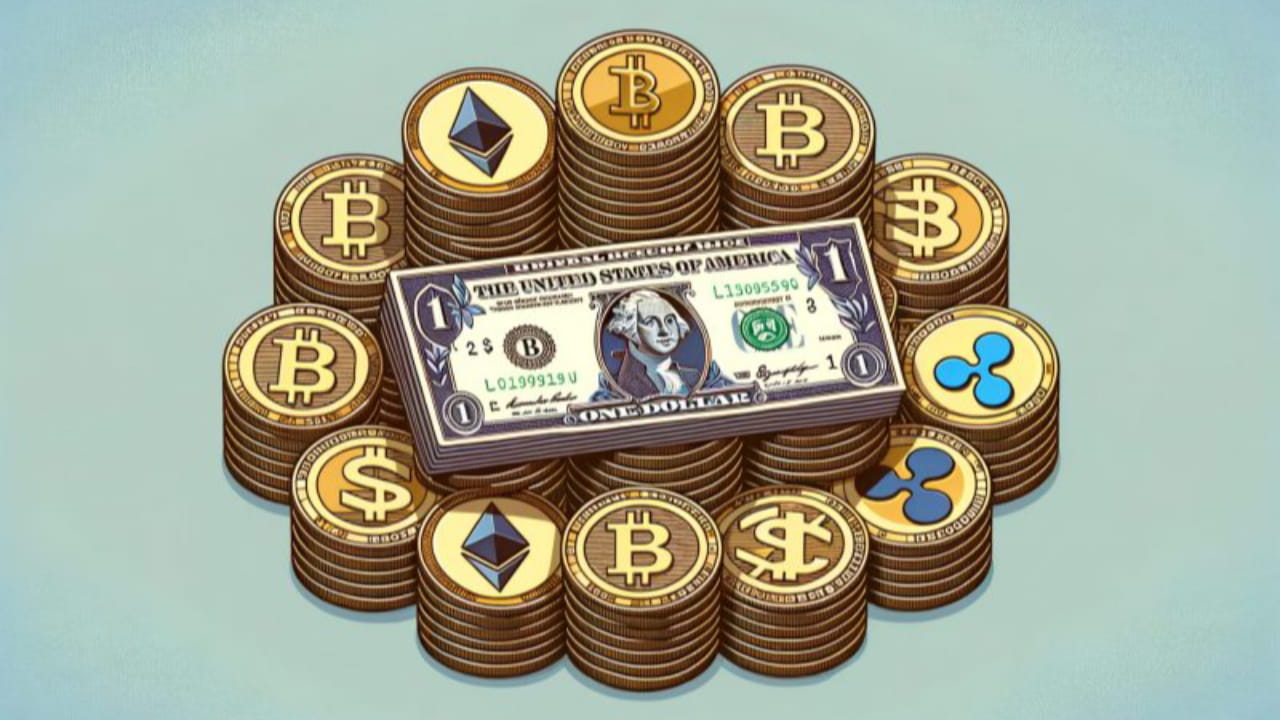 Alcoin’s rise comes at the same time as a larger trend in the crypto market: altcoins are becoming more and more popular. Bitcoin’s dominance has gone down a little. The last several months, while interest in other tokens has gone up a lot. This change in the market could give smaller, purpose-driven projects like Alcoin a chance to fit into the cryptocurrency story.
Alcoin’s rise comes at the same time as a larger trend in the crypto market: altcoins are becoming more and more popular. Bitcoin’s dominance has gone down a little. The last several months, while interest in other tokens has gone up a lot. This change in the market could give smaller, purpose-driven projects like Alcoin a chance to fit into the cryptocurrency story.
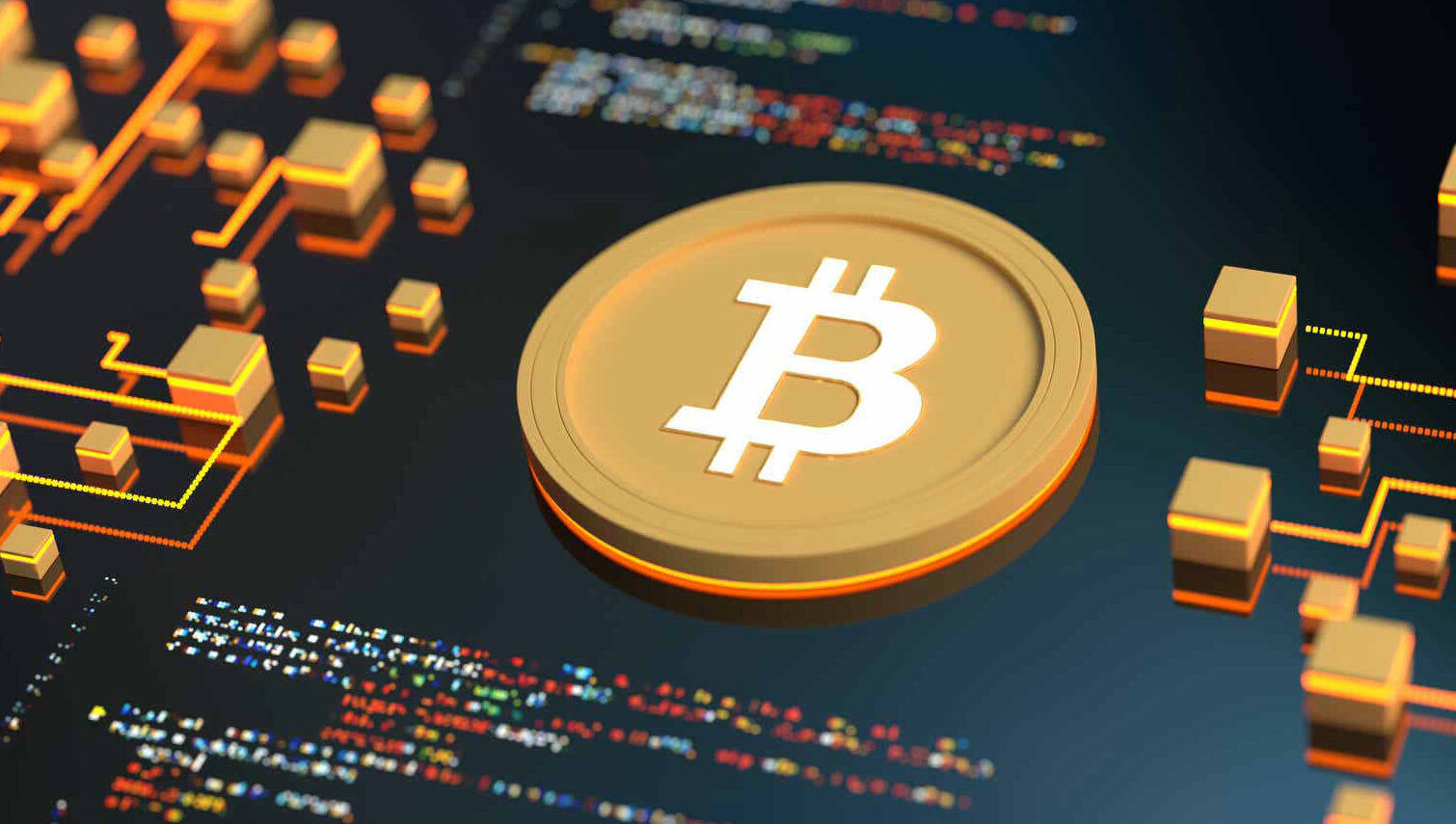
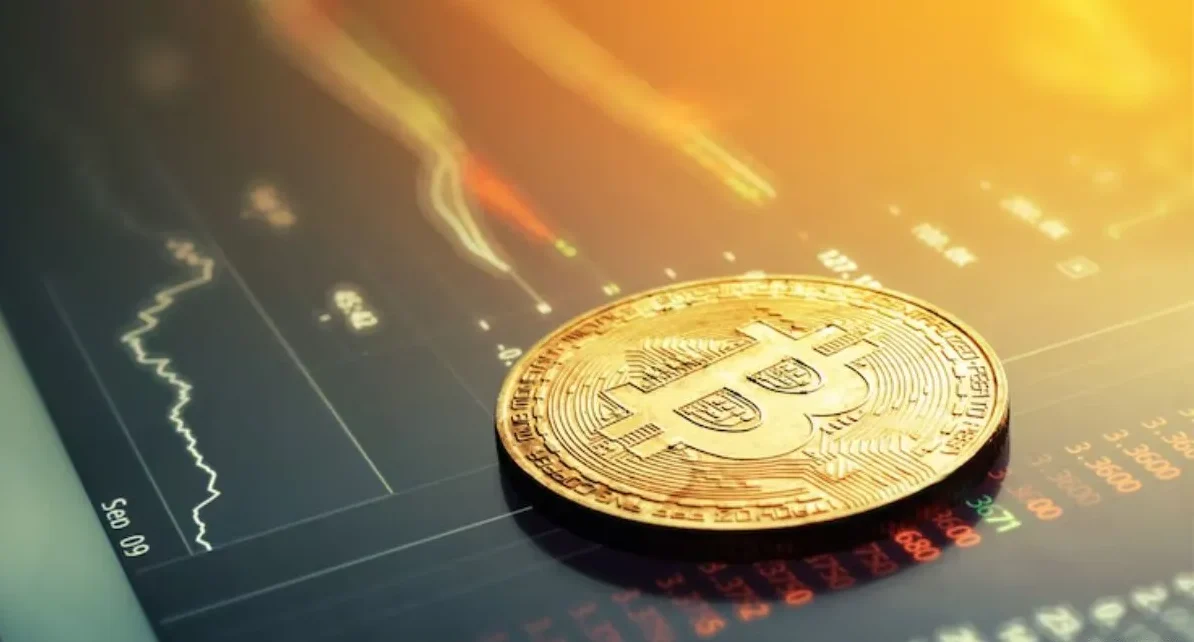

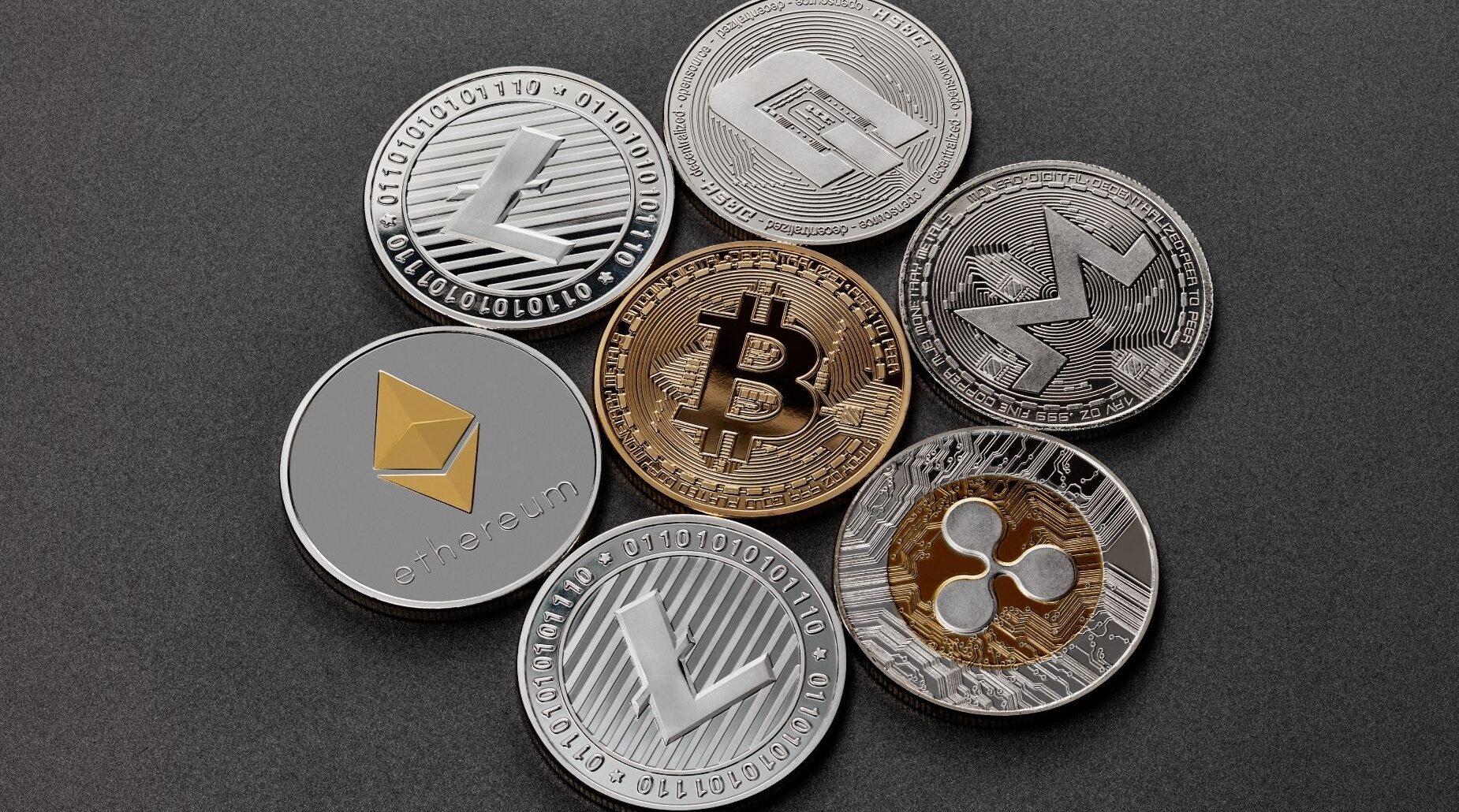
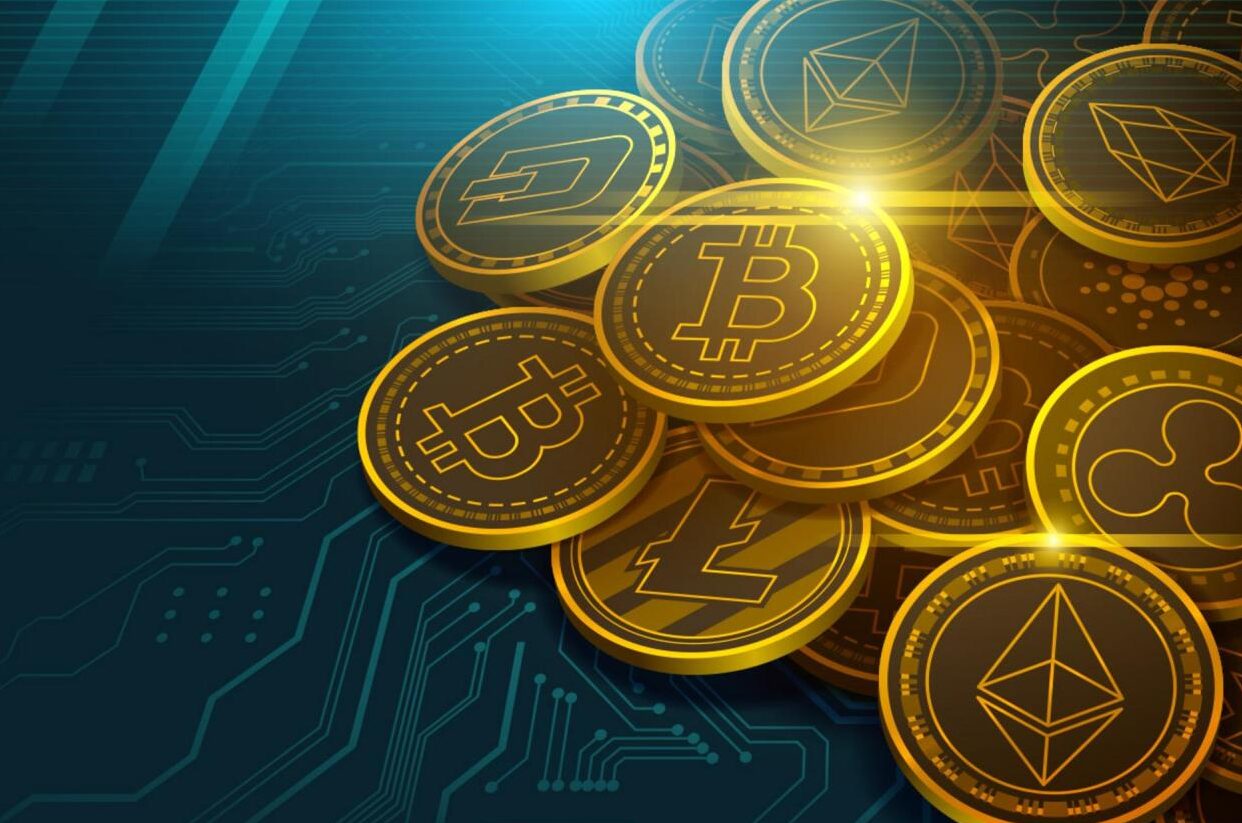 Another important part is consensus algorithms. These methods, including PoW, PoS, and Delegated Proof of Stake (DPoS), make sure that the network agrees on and validates transactions. PoS is gaining popularity due to its energy efficiency and scalability. Ethereum’s recent switch to PoS is a sign of this trend in the industry as a whole.
Another important part is consensus algorithms. These methods, including PoW, PoS, and Delegated Proof of Stake (DPoS), make sure that the network agrees on and validates transactions. PoS is gaining popularity due to its energy efficiency and scalability. Ethereum’s recent switch to PoS is a sign of this trend in the industry as a whole.
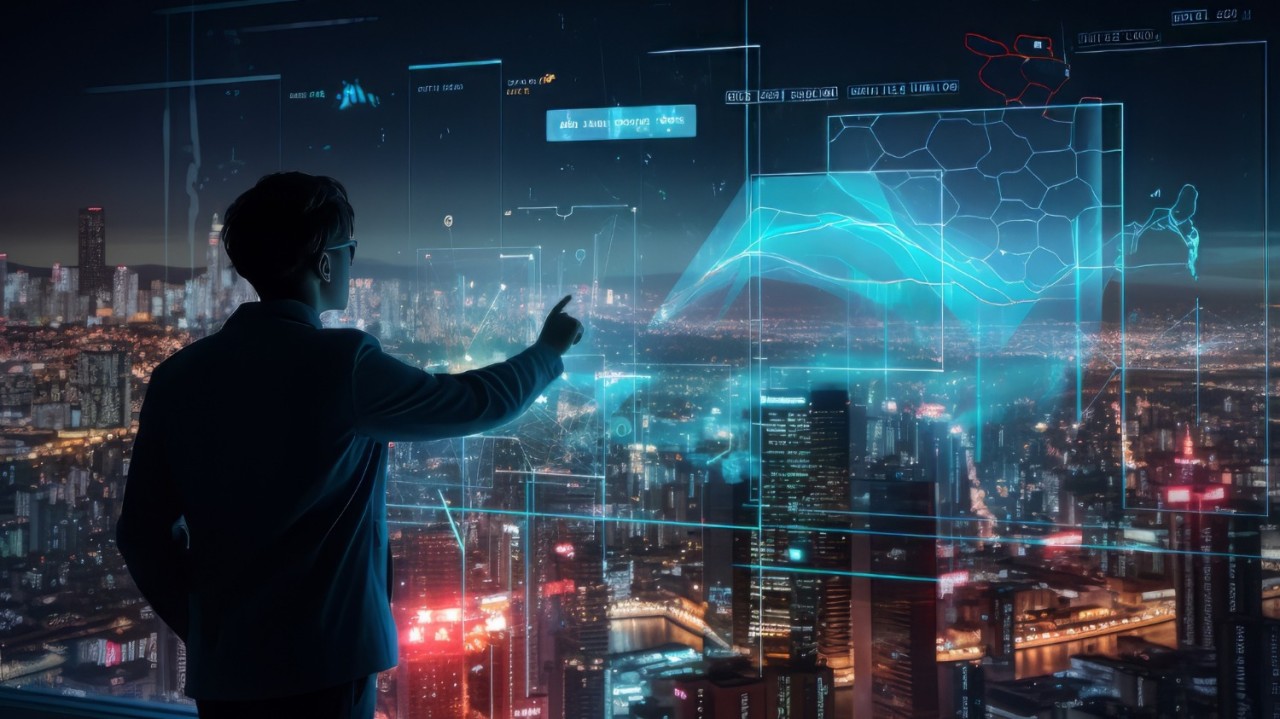 Additionally, manufacturing, supply chains, and smart city projects are investigating IAlcoin-powered automation. Smart contracts powered by artificial intelligence can oversee IoT devices, track sensor networks, and operate depending on real-time environmental data. In logistics and vital infrastructure, such automation produces responsive, efficient systems.
Additionally, manufacturing, supply chains, and smart city projects are investigating IAlcoin-powered automation. Smart contracts powered by artificial intelligence can oversee IoT devices, track sensor networks, and operate depending on real-time environmental data. In logistics and vital infrastructure, such automation produces responsive, efficient systems.
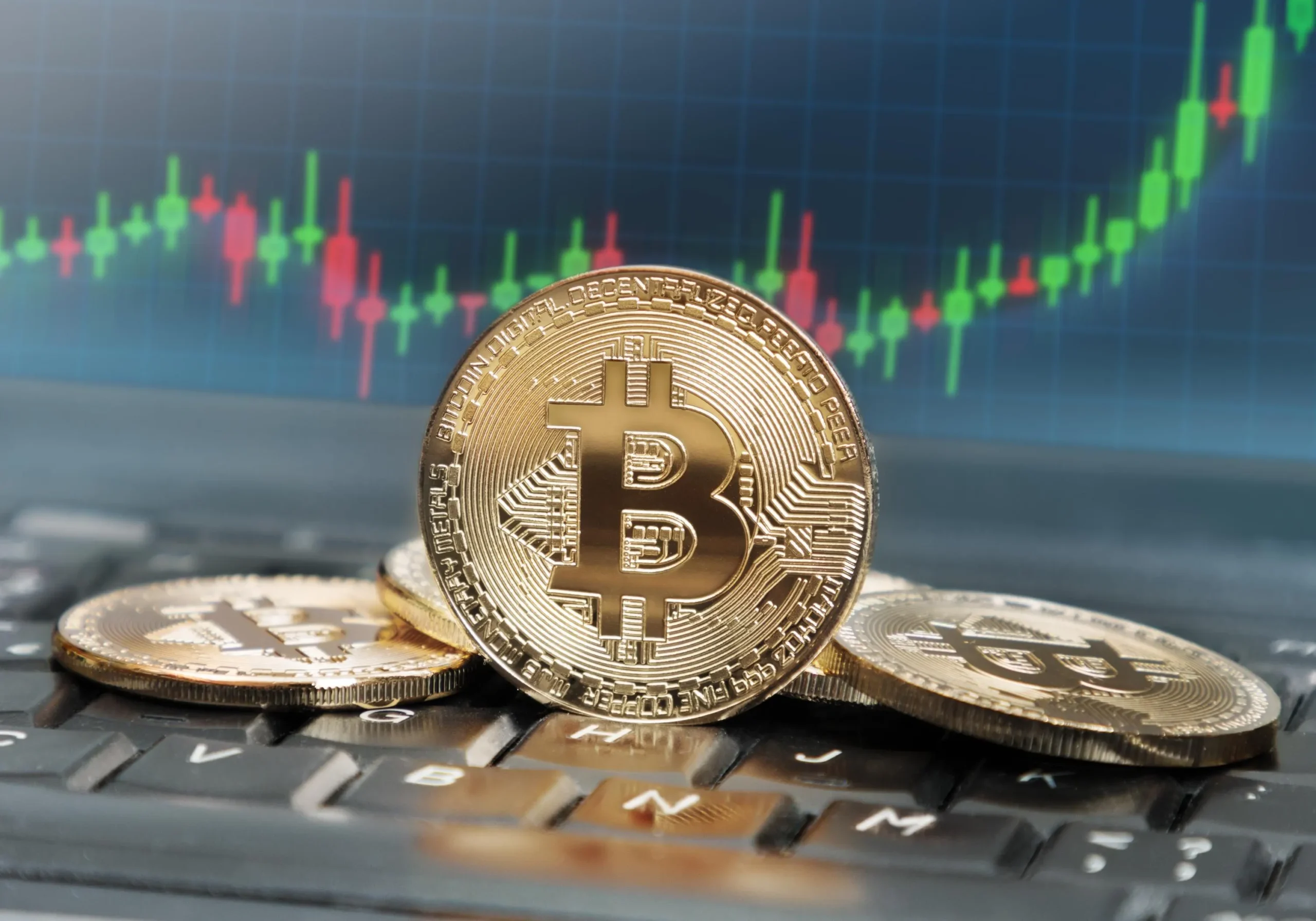
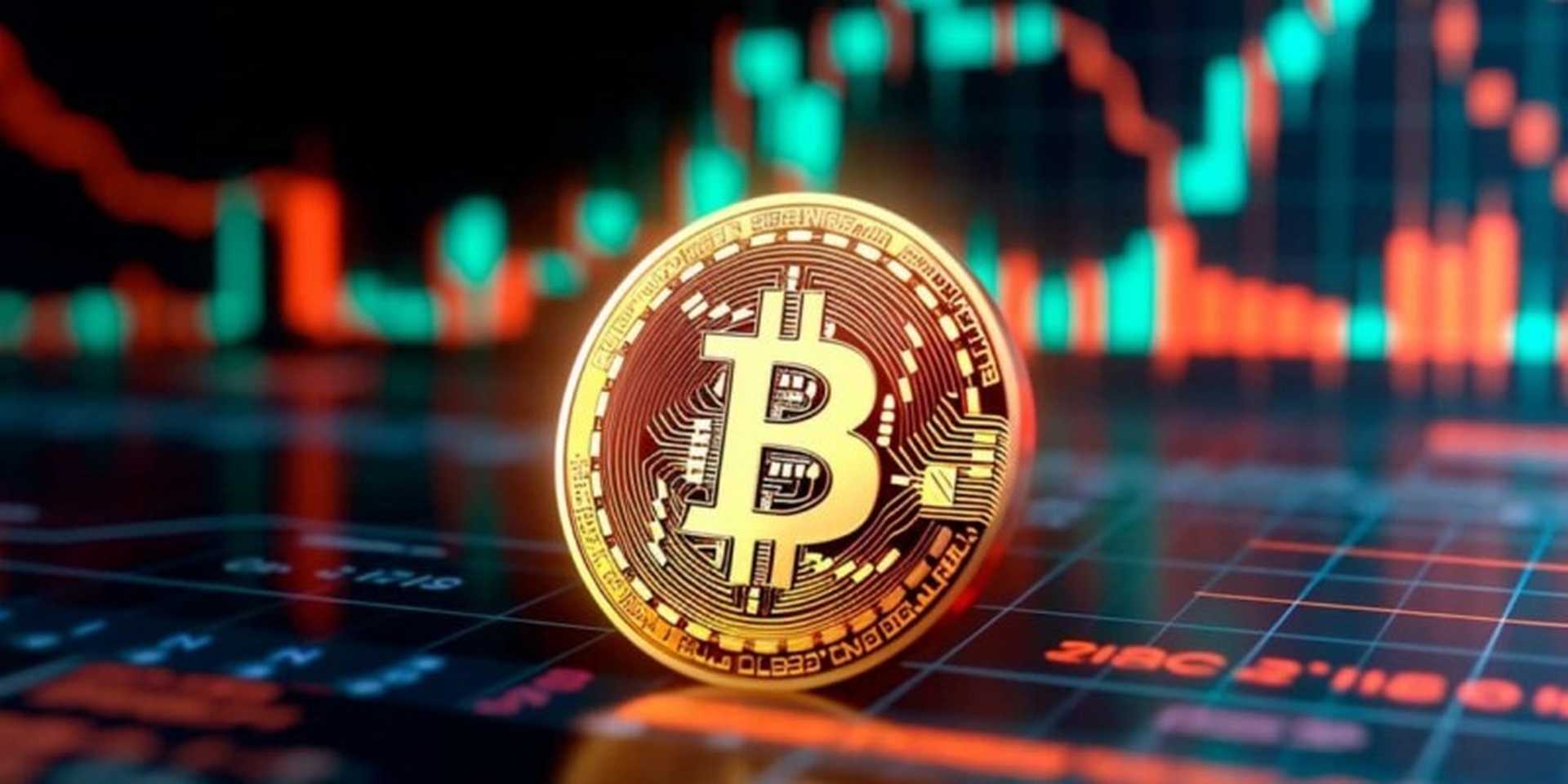 It’s fascinating to observe that interoperability is guiding the blockchain scene more and more. Projects such as Polkadot, Cosmos, and Ethereum Layer 2 solutions aim to facilitate seamless interaction across multiple blockchains. If CryptoCoin interacts with or helps create this multi-chain future, it will become more than just another token.
It’s fascinating to observe that interoperability is guiding the blockchain scene more and more. Projects such as Polkadot, Cosmos, and Ethereum Layer 2 solutions aim to facilitate seamless interaction across multiple blockchains. If CryptoCoin interacts with or helps create this multi-chain future, it will become more than just another token.


